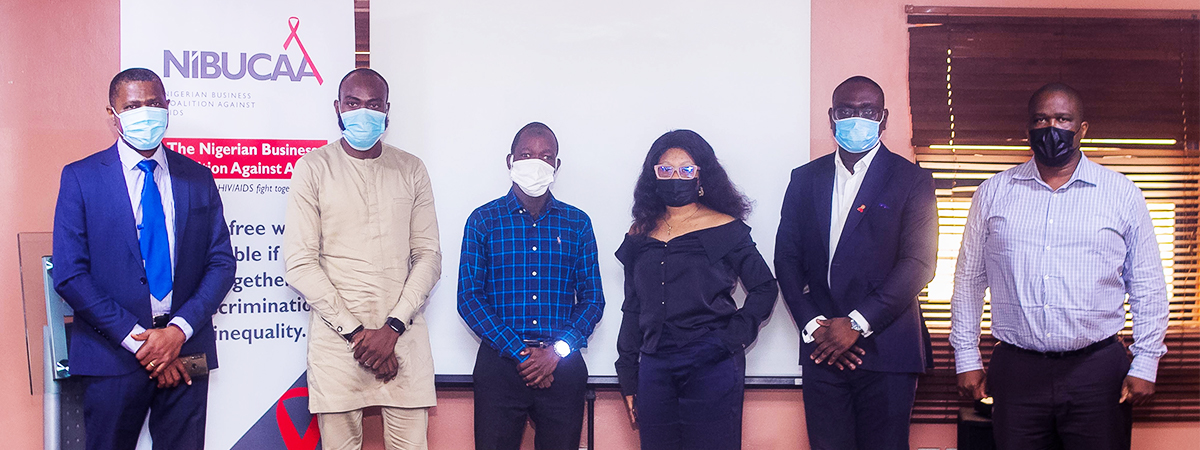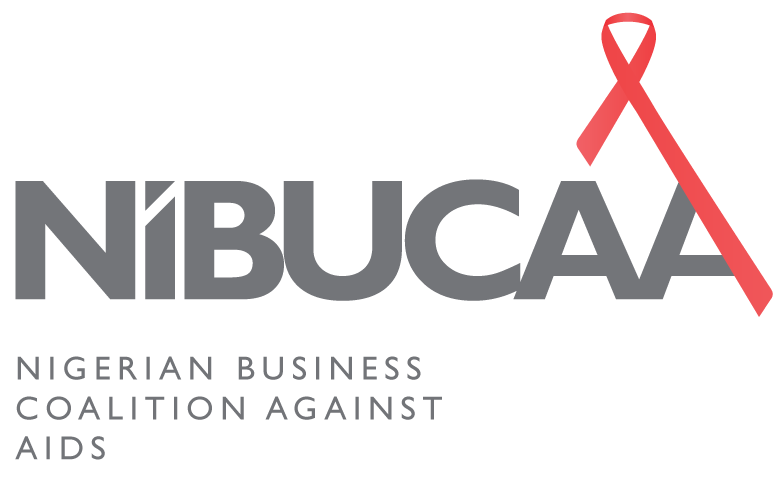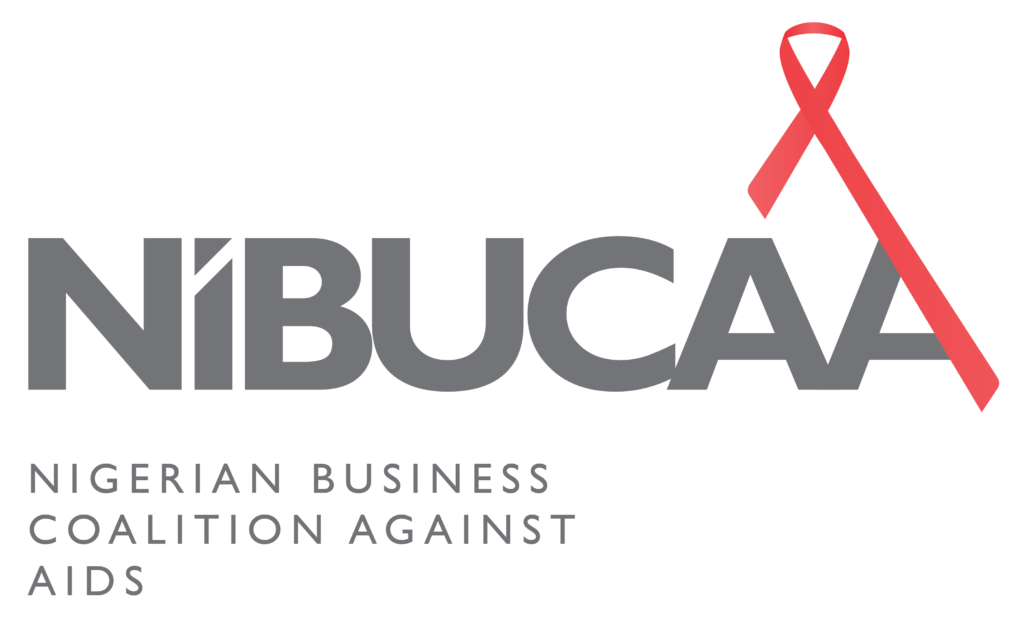Why Your Organisation Should Join NiBUCAA
Why Your Organisation Should Join NiBUCAA

HIV/AIDS isn’t just an health issue, it’s an economic problem and it shouldn’t be handled with levity.
According to UNAIDS and NACA (2019), Nigeria has a population of 1.9 million people living with HIV.The Nigeria HIV /AIDS Indicator and Impact Survey (NAIIS) 2019 reports that the prevalence of HIV among adults age 15 – 64 years was 1.5%, with women having a higher prevalence of 1.9%. Children within the ages of 0 – 14 years have been reported to have a prevalence of 0.2%.
HIV/AIDS affects both the old, young, men and women in the society and in fact affects the productivity of every nation. From inception the disease has destroyed lives, families and societies. HIV and AIDS deplete the human immune system which kills the white blood cells resulting in the death of its victims. The epidemic has become a serious issue globally. It is no longer only a health issue but a substantial threat to economic growth, imposing a heavy burden, first on families, communities, companies and eventually on the economy.
The opportunity cost
Why should your organization be concerned about AIDS?
AIDS has a devastating impact on developing economies because, unlike other diseases that primarily affect young children and old people, it kills young and middle-aged adults in their most productive years as employees and customers. As a result, the epidemic both adds to companies’ labor costs and slows growth rates in many developing economies such as Nigeria.
The disease not only drives up health care costs and benefits payments, it also reduces productivity for years; not weeks or months as other illnesses do. Rising absenteeism and higher employee turnover due to HIV/AIDS have forced companies to employ and train more people than usual. For instance, managers in companies in Zambia and Congo invest in training each worker to handle two or three tasks, or they hire two or three workers for every job on the expectation that at least one will die. AIDS has also forced executives to spend more time coping with lower morale in their organizations and addressing the difficult legal, social, and political issues that stem from the epidemic.
Failure to invest in tackling this wide spreading epidemic incurs a financial burden on the organisation.
Due to the latency period between infection and the onset of a patient’s symptoms, a company may not see the costs of HIV/AIDS until three to five years after an employee is infected. During most of that period, the infected employee will be fully productive at work. However, the company acquires the liability for a stream of future costs from the time the infection occurs. Those costs cannot be avoided because in an increasing number of countries, it is illegal to dismiss a worker on the grounds that he or she is infected with HIV.
The costs can either be direct or indirect. Direct costs are additional expenses that show up on the income statement. Indirect costs are productivity losses; lower production levels or higher-than-normal output costs. Some expenses are incurred when even a single employee becomes ill; others are organization wide costs, such as rising health care premiums, that mount as more employees succumb to the epidemic.
Investing in the fight against HIV/AIDS gives your organisation the opportunity to play a leading role in ending the steadily growing epidemic. It also yields a lifetime of return currency in the health sector as numerous lives are saved as your workers and by extension members of the community are more enlightened on preventing and treating HIV/AIDS.
Your organization can minimize the AIDS Tax
Given the staggering cost of HIV/AIDS, what can corporations do,how can your organisation prevail? The only cost-effective way to respond is to fight the epidemic.
Investing in HIV helps organisations avoid the AIDS tax. It also helps them positively impact the communities in which they work.For businesses seeking lasting change, working with national and subnational HIV/AIDS control agencies such as the Nigerian Business Coalition Against Aids (NiBUCAA) is key to achieving impact as these Control Agencies help identify strategic opportunities for investment in the fight against HIV/AIDS.
The Nigerian Business Coalition Against AIDS (NiBUCAA) is a Coalition of leading businesses with a commitment to fight the HIV and AIDS pandemic at all levels of intervention within the health system and the private sector workforce.We are a body of 36 members/companies across the country, the establishment of the coalition was designed on the premise that businesses have collective leadership role to play in the wide multi-sectoral response to the AIDS pandemic in Nigeria.
At NIBUCAA, we focus on mitigating the impact of HIV and AIDS in the work- place and society in general. We’ve been in existence for over 18 years, have held various advocacy programs, utilized innovation as a tool in our fight against HIV/AIDS in the private sector, as well as forged and strengthened strategic partnerships to achieve our goal of controlling the spread of HIV/AIDS in the private sector workforce.
Here for you
NiBUCAA fully understands the severity AIDS poses to the economy and to organisations. We recognize the unique and distinct contribution of every company towards improving the health and well-being of employees, individuals and families, especially in relation to HIV/AIDS. Our aim is to bring together private sector entities in recognizing and contributing to reducing the menace of HIV/AIDS in Nigeria. These contributions will in turn positively affect the image and reputation of the company in terms of social impact and will improve Return on Investment (ROI) over time.
We assist member companies in developing and implementing HIV & AIDS workplace policies and programmes including prevention education to reinforce desired safer sex behaviours, provide HIV Counselling and Confidential Testing and Treatment, offer direct service provision to communities where the business operates, develop a formidable Community of Practice (CoP) to further improve Company’s social impact and give unlimited health-related




